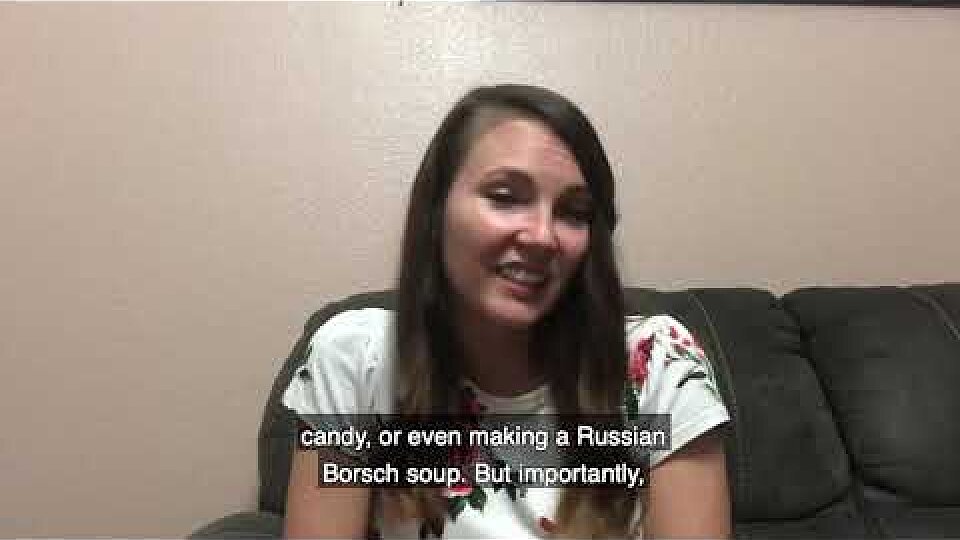Talking to adopted persons about birth families and adoption paperwork
Natasha was adopted internationally when she was 12 years old. She shares her personal perspective as an adult adopted person on access to adoption paperwork. She also discusses talking to adopted children about birth families and cultures.
Should parents share adoption paperwork with their adopted child?
Don't hide the adoption or adoption paperwork from your adopted child. You might be thinking that will make things easier, but honestly, in the long run, it will make things much more complicated, and the child will end up being super conflicted about it. So rip that band-aid off and talk openly about adoption.
Depending on the child's age, share what seems age-appropriate, but be honest about it and answer any questions your child may have.
Adoption is a unique experience for every adopted person
There's a big difference between younger and older adoption. With me, being adopted at 12, I remember so much about my life in Russia and the adoption process that my parents didn't need to talk about it much, but they still did.
My parents talked about how my brother and I came into the picture, literally, and what they did in order to adopt us. They talked about how their experience was going through adoption, but they also listened to my experience as well. My parents did such a great job about having an open communication about adoption, connecting with other adoptees or families, and involving us with our adoption agency as much as they could.
Also, my parents kept the Russian culture alive in our house by having Russian trinkets displayed everywhere, or buying us Russian candy, and even making a Russian Borsch soup. But importantly, they strongly encouraged keeping communication with our biological family as well.
Is it difficult to connect with an adopted person’s birth family?
Finding and connecting with biological family is difficult, and sometimes it takes a long, long time for it to happen. Sometimes it never happens, either by choice or because of certain reasons. Sometimes, a connection does happen and it doesn't go as planned, or the opposite happens and it happens and it's better than expected.
Adoptees never know what the outcome will be after finding their biological family, but almost every adoptee will try to find their family at some point in their life. When your child asks you about their biological family, don't take offense to it, but talk openly about it.
Having difficult conversations about adoption can be difficult but necessary
It might be rough at first, but it will get better. When an adopted person asks his or her parents about the adoption paperwork, give it to them and go talk to them about it. Adoptees want to know their past, good and bad. Sometimes they just need closure to move forward.
What if I need help finding my birth family or adoption paperwork?
While Buckner focuses exclusively on domestic foster care and adoption, we continue to offer postadoption support and services for children or adults adopted domestically or internationally (through or not through Buckner). We help adopted individuals who need assistance finding birth families or past adoption paperwork. Visit buckner.org/adultadoptedpersons to learn more.




Add a Comment